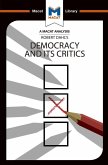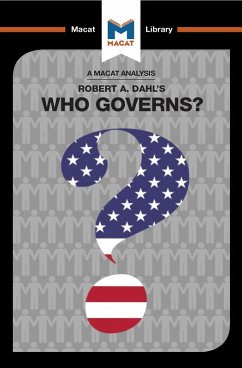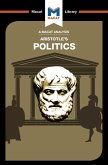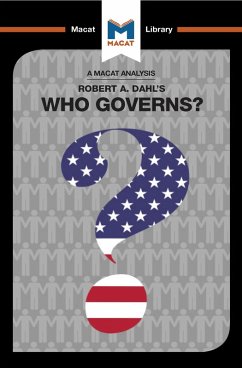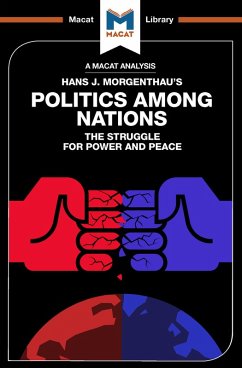There are few better examples of analysis - the critical thinking skill of understanding how an argument is built - than Robert Dahl's Democracy and its Critics. In this work, the American political theorist closely analyzes the democratic political system and then evaluates whether the arguments that are in favor of it are, in fact, rigorous. Dahl sets out to describe democracy's merits and problems, asking if it really is the worthwhile political system we believe it to be. Knowing that the idea of democracy is now almost universally popular, his detailed analysis leads him to look at a number of regimes that claim to be democratic but do not, in truth, practice democracy. But Dahl is not only interested in uncovering uncomfortable truths. He goes further and creates a set of standards by which we can all decide whether a country really is democratic. Dahl's analysis of the evidence leads him to conclude that the following criteria must be met for a regime to be considered truly democratic: elected officials control policy-making; there are free and fair elections of officials; everyone must have a right to vote; everyone has the right to run for office; there is freedom of speech; alternative information is available; and people can form free, independent political groups.
Dieser Download kann aus rechtlichen Gründen nur mit Rechnungsadresse in A, B, BG, CY, CZ, D, DK, EW, E, FIN, F, GR, HR, H, IRL, I, LT, L, LR, M, NL, PL, P, R, S, SLO, SK ausgeliefert werden.
Hinweis: Dieser Artikel kann nur an eine deutsche Lieferadresse ausgeliefert werden.



